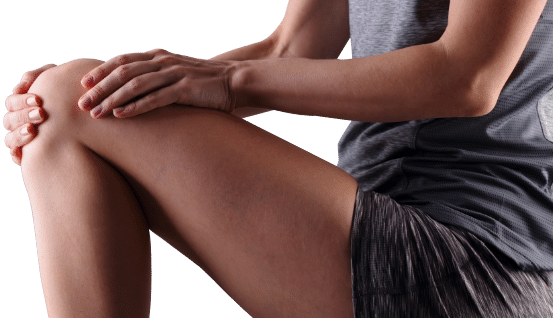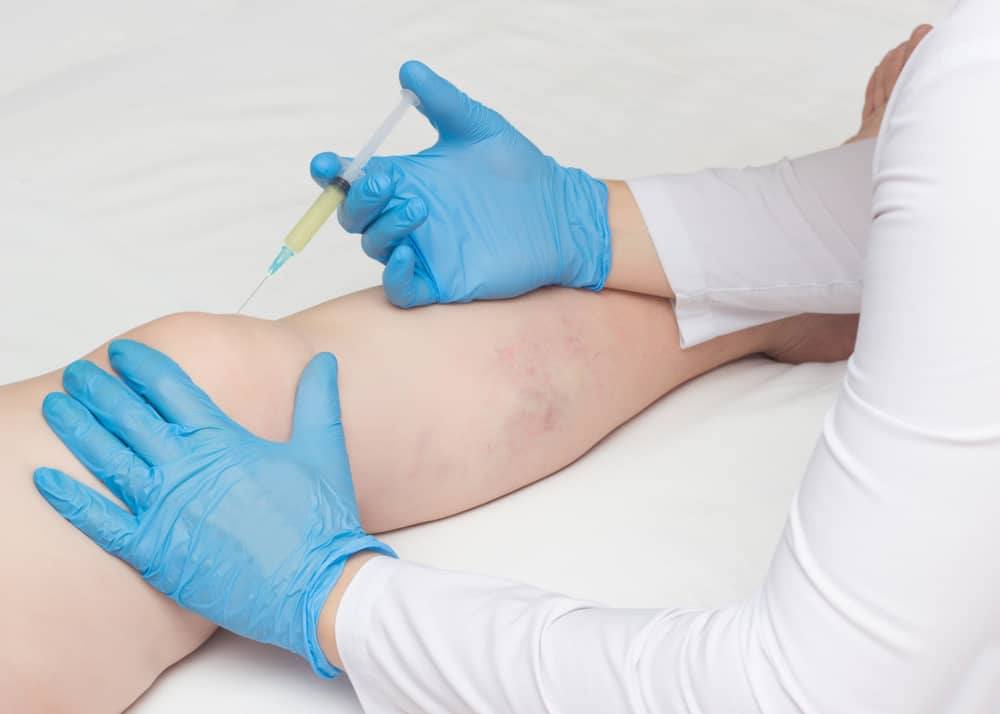Nonsurgical Strategies For Managing Knee Discomfort
Posted By Gladys Meyers
Body
If you're grappling with regular knee discomfort, it's understandable if you're missing out on what you adore. However, knee substitute surgery isn't the only option. You might feel that you’re either too young or not prepared for such a significant procedure. The good news is that considerable nonsurgical treatments can deliver relief, increase mobility, and potentially enhance your quality of life.
Many nonsurgical antidote options exist to help facilitate knee discomfort, improve mobility, and enhance your quality of life. Consult your knee pain treatment specialists Long Island; your medic will give you the best remedy alternatives to ease the painful symptoms. There are many therapeutic options available, and here are some of the medicine options that can help you minister the pain signs:
Understanding the nonsurgical treatment for knee pain
Modify Your Activity
Your orthopedic surgeon may recommend modifying your activities to treat knee pain. “When you have arthritic knees, you should stay engaged and continue to exercise, but avoiding high-impact activities like running or jumping can help reduce your pain.

Knee brace
A knee brace provides strength to the knee joint and eases despair. These braces are specially created for the knees to prevent discomfort and hives and increase mobility in the knee muscles. The braces are specialized to pressure the knee joint and encourage knee joint realignment. The knee brace prevents the two joints from coming in contact with each other and reduces knee distress. These braces are custom-made, which involves a fitting session with a professional who will take measures and create a brace that fits your knee. However, they can be costly.
Lifestyle Changes
Empower yourself to prevent the pain by making modifications to your daily lifestyle. This could involve losing weight, decreasing the pressure on your joints, and avoiding actions that can stress your knee more. Remember, you are an active participant in your remedy.
Physical and Occupational Therapy
Medicines and exercise training helps strengthen the muscles and soft tissues in the knee. Stretching the knee improves mobility and enhances joint support. Change your daily activities to put less extreme strain on your knee joint. Talk to your Knee Pain doctor new york for a consultation.
Injections and Infusions
Your Doctor may deliver injections directly with some medication filled in them. These comprise corticosteroids to facilitate the inflammation in your knee joint. On the other hand, your professional may deliver medicines within veins or straight into the muscles with infusion therapy to diminish hives or nodes in your joint. The main difference is that injections are delivered straight into the affected area, while infusions are administered through a vein or muscle and can have a more systemic result.

Nutraceuticals
Dietary supplements or natural herbs can supply many health advantages for your knee. These supplements include glucosamine and chondroitin, which can help in relieving knee despair and improve bones and soft tissues.
Pain Medicines
Your specialist will prescribe pain-relieving remedies to relieve knee joint pain, such as over-the-counter pain relievers like acetaminophen (Tylenol) and ibuprofen (Advil, Motrin). These prescriptions can help reduce pain and inflammation in your knee.
Painkillers may also help ease temporary despair from an injury or twist. Your knee pain treatment New York doctor may also recommend medications like antirheumatic drugs and physical response modifiers.
Concluding the matter
Knee distress can be a debilitating condition that affects your daily actions and overall quality of life. Nonsurgical remedies such as physiotherapy, acupuncture, injections, braces, and supplements can virtually manage knee pain and fix mobility. However, seeking guidance from a Knee Pain doctor before starting any remedy is vital. They can consider your condition, suggest the most suitable remedy, and ensure it is safe and appropriate.












Comments